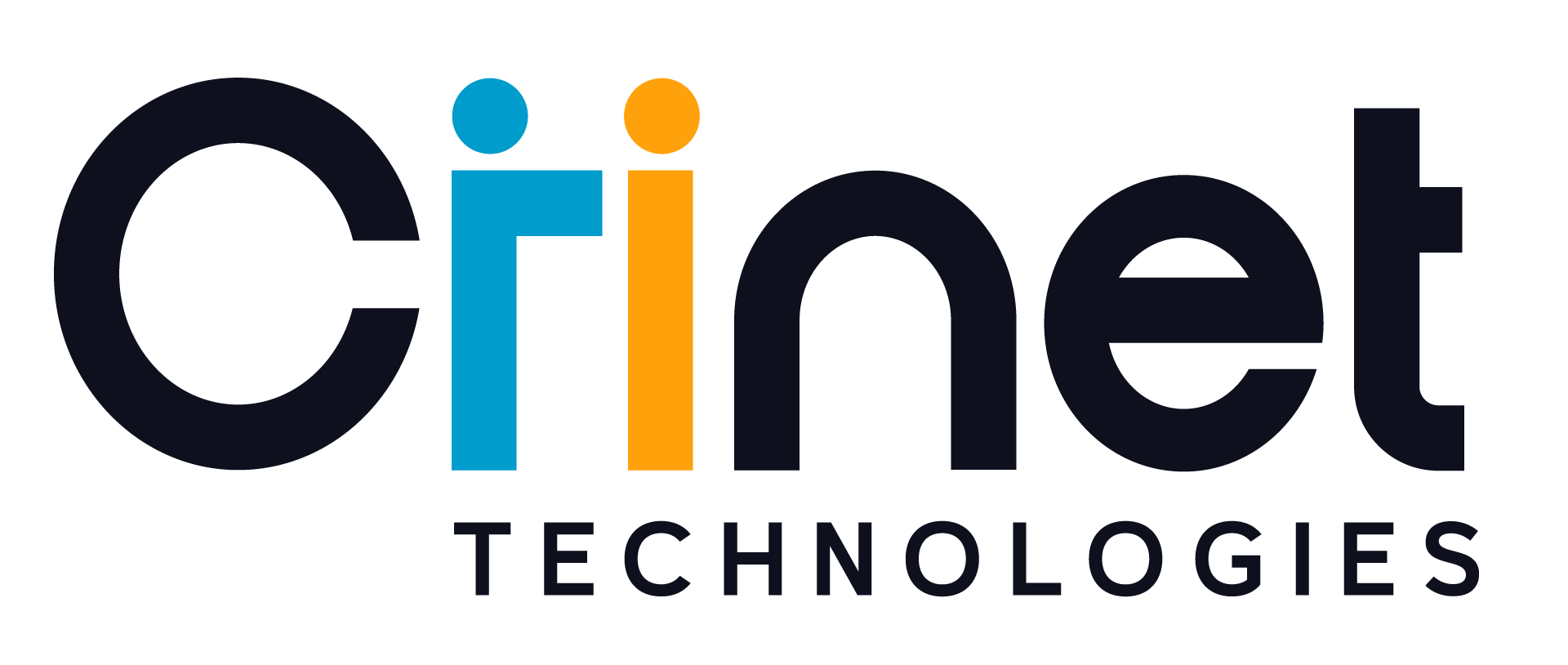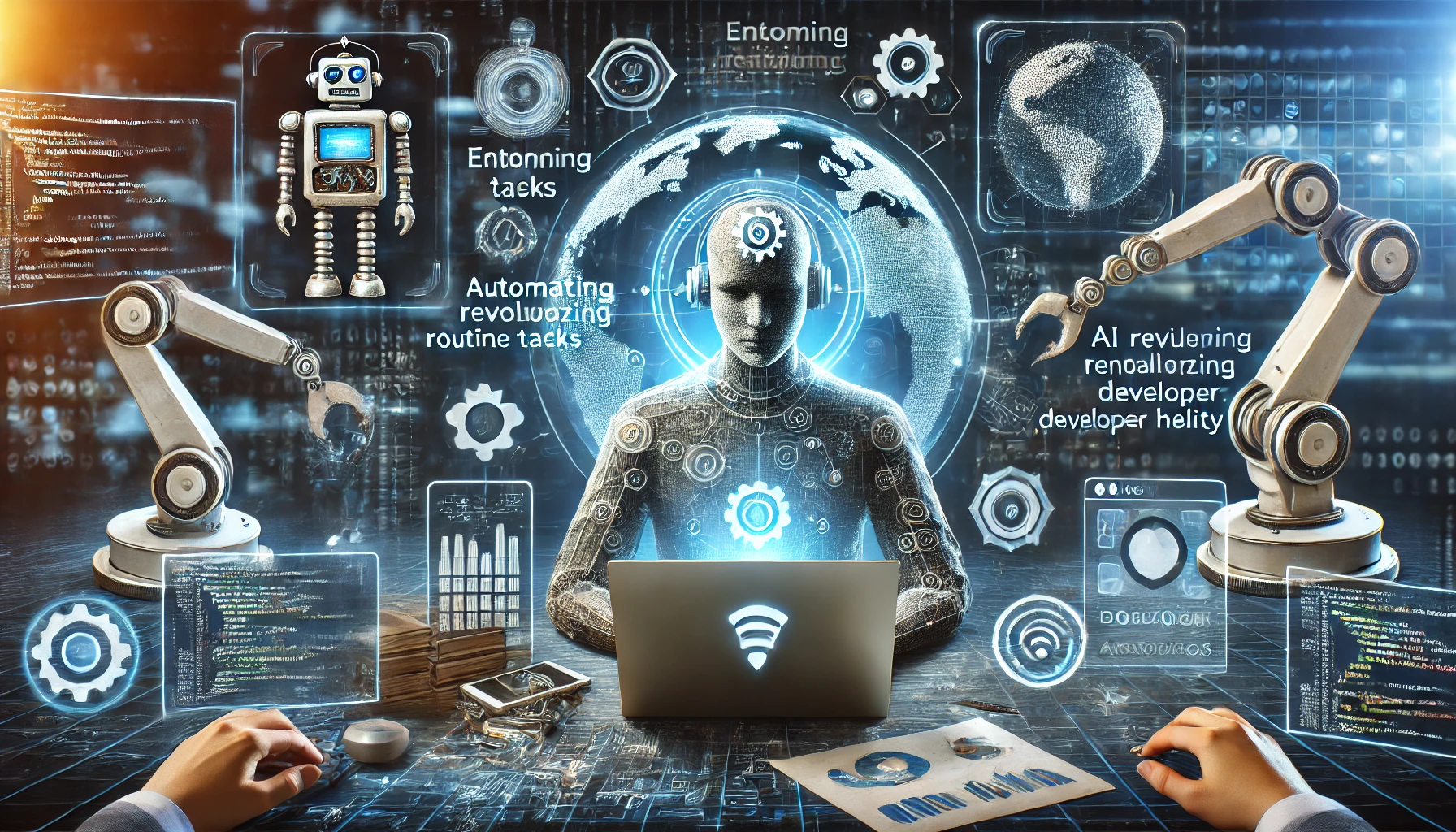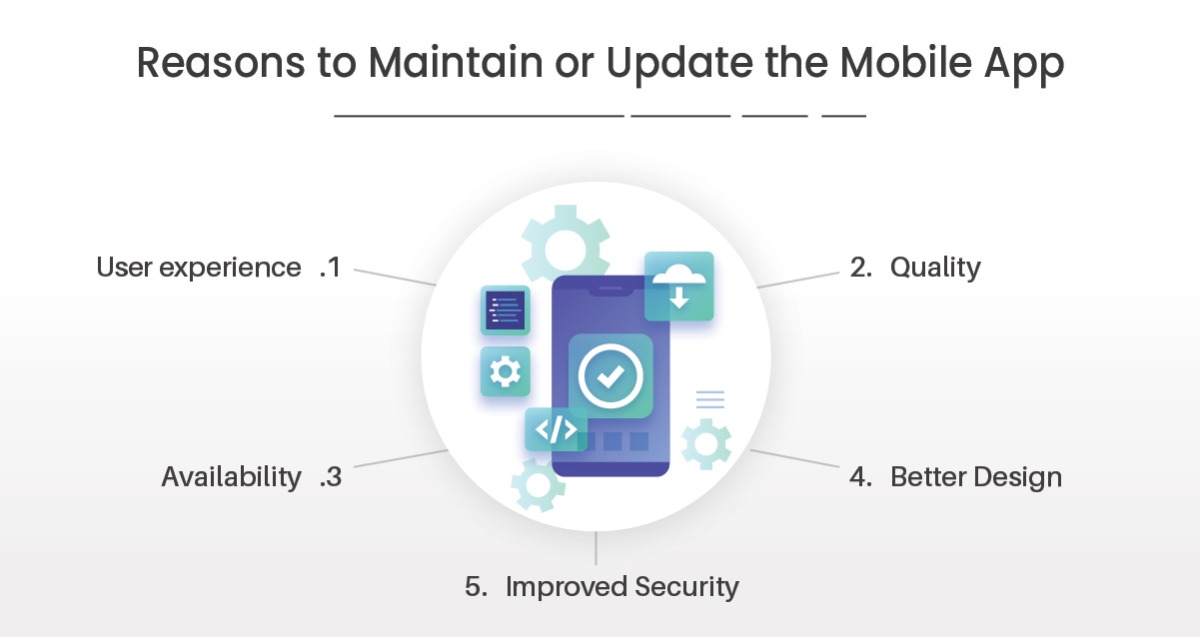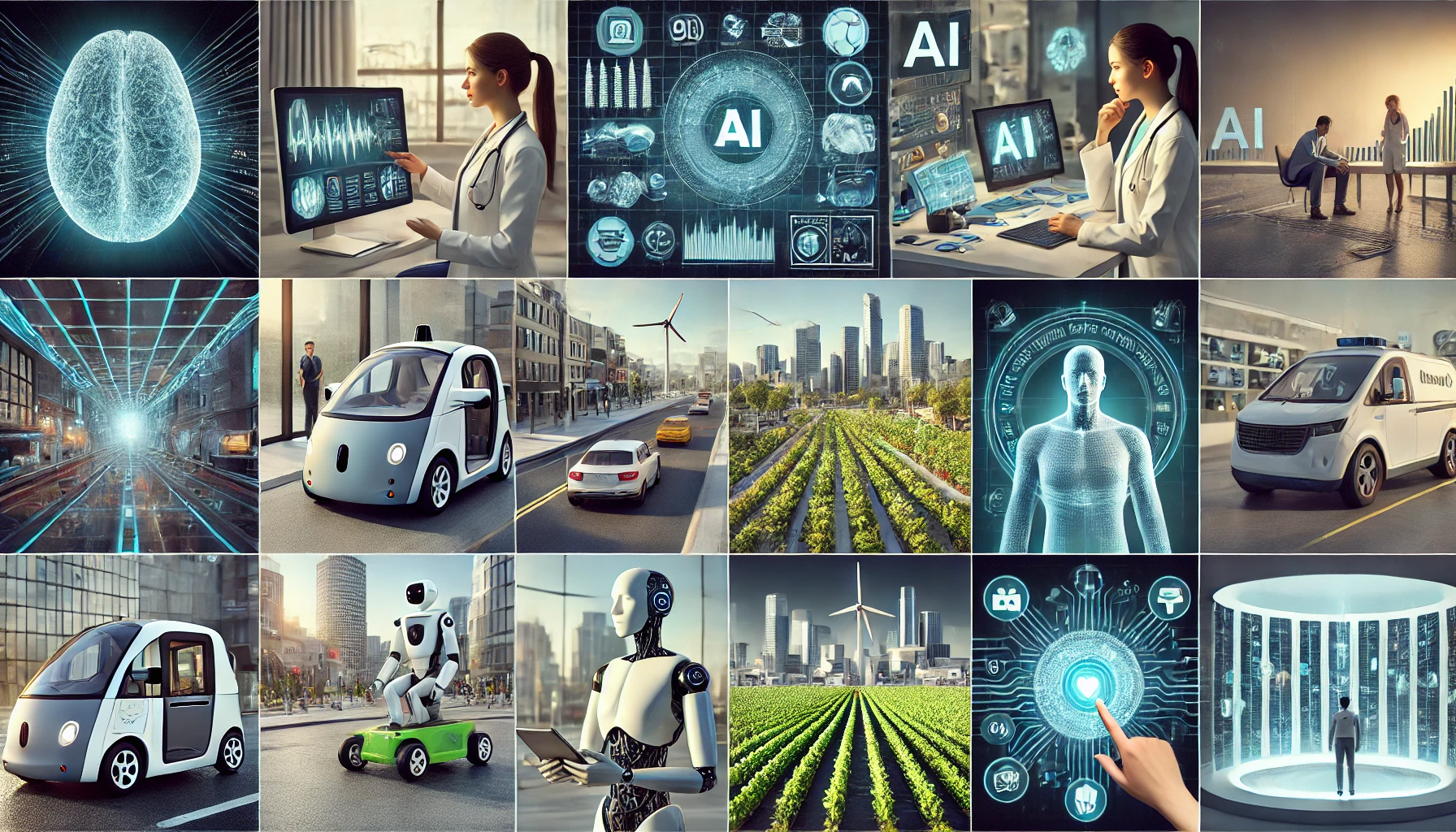𝗛𝗼𝘄 𝗔𝗜 𝗶𝘀 𝗥𝗲𝘃𝗼𝗹𝘂𝘁𝗶𝗼𝗻𝗶𝘇𝗶𝗻𝗴 𝗦𝗼𝗳𝘁𝘄𝗮𝗿𝗲 𝗗𝗲𝘃𝗲𝗹𝗼𝗽𝗺𝗲𝗻𝘁?
In the rapidly evolving tech landscape, Artificial Intelligence (AI) is playing an increasingly critical role in software development. AI technologies are not just tools but collaborators that amplify the capabilities of software developers, making the development process more efficient, creative, and less prone to error. Here’s a look at how AI is simplifying software development:
1) 𝘼𝙪𝙩𝙤𝙢𝙖𝙩𝙞𝙣𝙜 𝙍𝙤𝙪𝙩𝙞𝙣𝙚 𝙏𝙖𝙨𝙠𝙨:
One of the most immediate benefits of AI in software development is the automation of routine and repetitive tasks. AI-driven tools can generate code, manage databases, and even handle testing. This frees up developers to focus on more complex and creative aspects of their projects, such as designing innovative features or improving user experience.
2) 𝙀𝙣𝙝𝙖𝙣𝙘𝙞𝙣𝙜 𝘾𝙤𝙙𝙚 𝙌𝙪𝙖𝙡𝙞𝙩𝙮:
AI tools can analyze vast amounts of code more quickly and thoroughly than human reviewers. They can spot errors, suggest optimizations, and ensure that the code adheres to best practices. Tools like GitHub Copilot and IntelliCode by Microsoft provide suggestions and corrections in real-time, helping developers write cleaner, more efficient code.
3) 𝑷𝒓𝒆𝒅𝒊𝒄𝒕𝒊𝒗𝒆 𝑨𝒏𝒂𝒍𝒚𝒕𝒊𝒄𝒔:
AI’s ability to analyze data and predict outcomes can be invaluable in project management. AI systems can forecast project timelines, anticipate potential bottlenecks, and suggest the best allocation of resources. This predictive capability helps in planning and can significantly reduce the risk of project overruns.
4) 𝑷𝒆𝒓𝒔𝒐𝒏𝒂𝒍𝒊𝒛𝒆𝒅 𝑫𝒆𝒗𝒆𝒍𝒐𝒑𝒆𝒓 𝑨𝒔𝒔𝒊𝒔𝒕𝒂𝒏𝒄𝒆:
AI-powered virtual assistants can help developers by providing information, answering questions, and even writing snippets of code. These assistants learn from the individual style and preferences of the developer, offering tailored support that improves over time, thereby enhancing productivity and learning.
5) 𝑭𝒂𝒄𝒊𝒍𝒊𝒕𝒂𝒕𝒊𝒏𝒈 𝑹𝒆𝒎𝒐𝒕𝒆 𝑪𝒐𝒍𝒍𝒂𝒃𝒐𝒓𝒂𝒕𝒊𝒐𝒏:
In a world where remote work has become the norm, AI tools help bridge the gap between distributed teams. AI-driven platforms can manage version control, integrate changes seamlessly, and ensure that all team members are aligned. This supports a cohesive development process despite geographical separations.
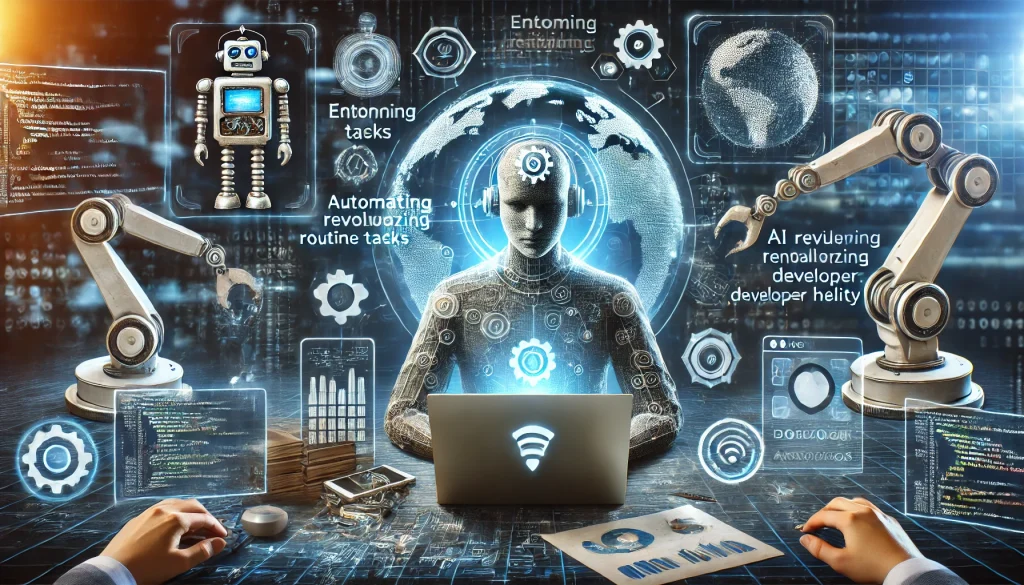
𝑪𝒐𝒏𝒄𝒍𝒖𝒔𝒊𝒐𝒏:
AI is not a futuristic dream but a present reality in software development, transforming how developers work, collaborate, and create. As these technologies continue to evolve, they will undoubtedly unlock even more potential, making software development not only easier but also more innovative and effective. Embracing AI tools can lead to significant competitive advantages, pushing the boundaries of what software can achieve.
